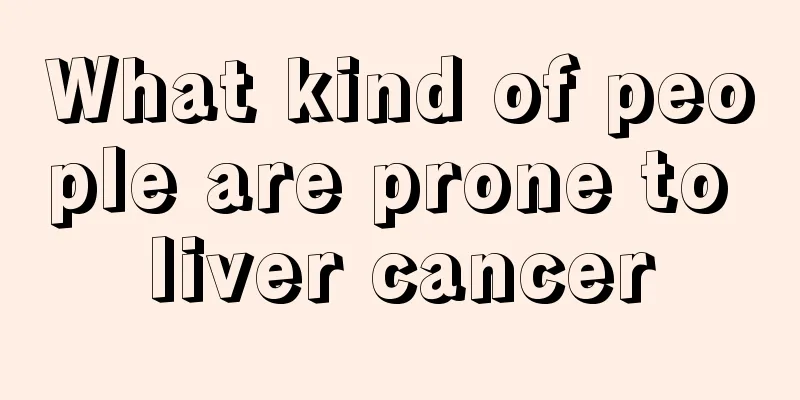Advantages and disadvantages of interventional treatment for liver cancer

|
In recent years, liver cancer has become one of the major diseases that endangers society and human health, and it has brought great pain and distress to humans. In order to reduce the incidence of liver cancer, it is necessary for us to understand the knowledge of liver cancer. What are the advantages and disadvantages of interventional treatment of liver cancer? Disadvantages of interventional treatment: 1. Liver cancer's main blood supply depends on the hepatic artery, but the cancer mass is surrounded by the portal vein, so cancer cells can "survive in peace". 2. The operation is somewhat difficult. The catheter should be placed in the blood supply artery in a selective manner to achieve the best effect. However, sometimes it is difficult to enter the hepatic artery. However, some liver cancers can be supplied by multiple blood vessels. 3. Despite super-selective access, there are still obvious side effects. According to the data analysis of our hospital, the most common reactions are in the gastrointestinal tract. 4. Patients with portal vein cancer thrombus should consider removing the cancer thrombus as appropriate. 5. Even if the superselective operation is carried out smoothly, due to reasons such as high-pressure injection, it may cause accidental embolism, shunting and inevitable micro-metastasis. 6. Normal liver cells are still damaged, and a few patients even suffer from liver dysfunction. 7. The therapeutic effect is not satisfactory for patients with large cancer masses. 8. Some patients’ blood vessels are blocked after one treatment, making further operations difficult. Advantages of interventional therapy: 1. The therapeutic effect is definite. Those who are successfully treated can see a rapid decrease in AFP, reduction in tumor size, and relief of pain. 2. Scientific mechanism: The local drug concentration of interventional therapy is dozens of times higher than that of systemic chemotherapy, and it blocks the blood supply to the tumor. Therefore, the two-pronged approach has good efficacy and less toxicity than systemic chemotherapy. 3. Simple and easy operation, safe and reliable. 4. The elderly, weak and those with certain diseases can also undergo the procedure without general anesthesia and they just need to stay awake. 5. The cost is relatively low. 6. It can be repeated, and the diagnostic imaging is clear and easy to compare. 7. For some liver cancers, the size can be reduced and then resected in two steps. 8. It can be used as one of the important means of comprehensive treatment of advanced tumors. The above are the advantages and disadvantages of interventional treatment for liver cancer. Expert Tips: If you have symptoms of illness, do not delay diagnosis and go to a regular hospital for treatment in time to avoid delaying the disease and causing serious consequences. If you have other questions, please consult our online experts or call for consultation. Liver cancer http://www..com.cn/zhongliu/ga/ |
<<: What are the dangers of colorectal cancer
>>: What diseases can easily be confused with colon cancer?
Recommend
What is the best way to prevent frostbite?
I believe that when the cold winter comes, many f...
What to do if you have bad breath due to stomach inflammation? These four points can help you
Irregular diet and excessive consumption of greas...
What kind of meat will cause the least fat?
Nowadays, being thin is considered beautiful, and...
There is bloating in the abdomen
It is very uncomfortable when your stomach is blo...
Factors affecting the price of small cell lung cancer treatment
What are the factors that affect the price of sma...
Eight risk factors for breast cancer
The cause of breast cancer is still unclear, but ...
How to wear a wig
When a person is tired of looking at his or her h...
Patients need to have a certain understanding of the symptoms of mid-to-late stage laryngeal cancer
In today's society, the incidence of laryngea...
How to treat kidney cancer
How is kidney cancer treated? Kidney cancer can b...
How long can you live after bile duct cancer surgery
The survival time after bile duct cancer surgery ...
What to do if you have heartburn after eating pumpkin
Eating pumpkin is less irritating to the stomach....
Bladder cancer patients should actively take care of themselves after surgery
What are the postoperative care methods for bladd...
Why is life so tiring
Some people say that life is a process of solving...
The symptoms of chronic alcohol poisoning are actually like this
Chronic alcohol poisoning is a condition that occ...
What are the symptoms of nasopharyngeal cancer and how to care for it
What are the symptoms of nasopharyngeal cancer? H...









